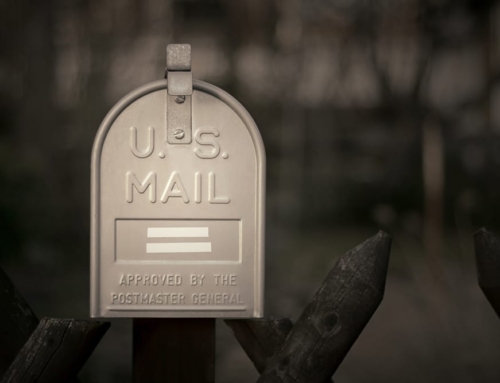Do you have rights to your parents home if you paid their mortgage? You have to consider all of the details of the arrangement before you can claim rights.
Q: My husband and his brother paid for a vacation home that was titled in the name of their parents. My mother transferred money out of her bank accounts and paid for the mortgage on that home. Do my husband, his brother or my mother have any legal rights to the house? Can my husband, his brother or my mother force my husband’s parents to pay them back the money that they put into the home and mortgage?
A: You raise an interesting question that arises frequently in families. The essence of your question is whether the money given at one time was a gift or a loan. When you give a gift, you don’t expect anything in return. When you give a loan, you expect repayment.
When your husband and his brother helped out their parents, the presumption is that they helped them. You didn’t say that they loaned money to their parents. When you “help” out, you usually do that out of goodwill. When you loan money, there is an expectation that you’ll be repaid in the future.
The real question is what did your husband, his brother and your mother expect when they bought your in-laws the house? We can’t tell from your email what the intentions (stated, written or unspoken) were.
Likewise, your mom made your in-law’s mortgage payment. What were the details around that arrangement? If your mom expected to be repaid, we hope she has something in writing from your in-laws agreeing that she would pay the mortgage on their behalf and further agreeing to repay her. If there is correspondence that shows that the payments were gifts, your mother may not have a right to claim repayment.
The deeper issue here revolves around family situations that change. People may initially give other family members gifts but there is a change in circumstances (theirs or the person they gave the gift to) and change their mind. The problem with a shifting situation is that you can’t change a gift into a loan unless the recipient agrees to repay the amount given.
If you have no money and relatives pay your debts and bills and later you win a huge lottery prize, you may not have a legal obligation to repay the money that was given to you even if there is a moral or ethical obligation to repay them the money. But a moral or ethical obligation does not make it a legal obligation.
Given the limited information you gave us in your email, your family will have to determine what the facts are about what payments were made and what documentation they have to back up those facts. With that information, your husband and his sibling can approach your in-laws and see if they are willing to repay the money.
Finally, if you don’t have title to a piece of real estate, you don’t generally obtain rights of ownership to the home. Some exceptions might be when you buy a home on a land contract or on an installment basis. If you don’t have a written agreement but can prove the payments were made towards the home and have other evidence that shows that the parties intended you to receive an ownership interest of the home, you might have a claim. But we don’t see it in your situation.
For more information, you’ll have to talk to a real estate attorney in your area.
[amazon_link asins=’1524763438,B005CXFU3M,B01J24C0TI’ template=’ProductCarousel’ store=’thinkglink-20′ marketplace=’US’ link_id=’dcabd555-e41e-11e7-b87a-87386c3372a8′]







Leave A Comment